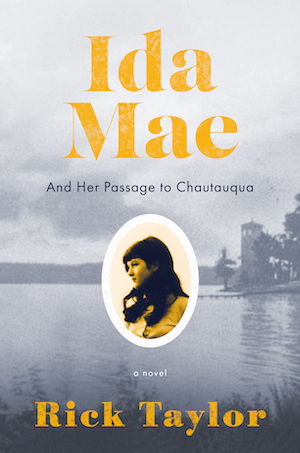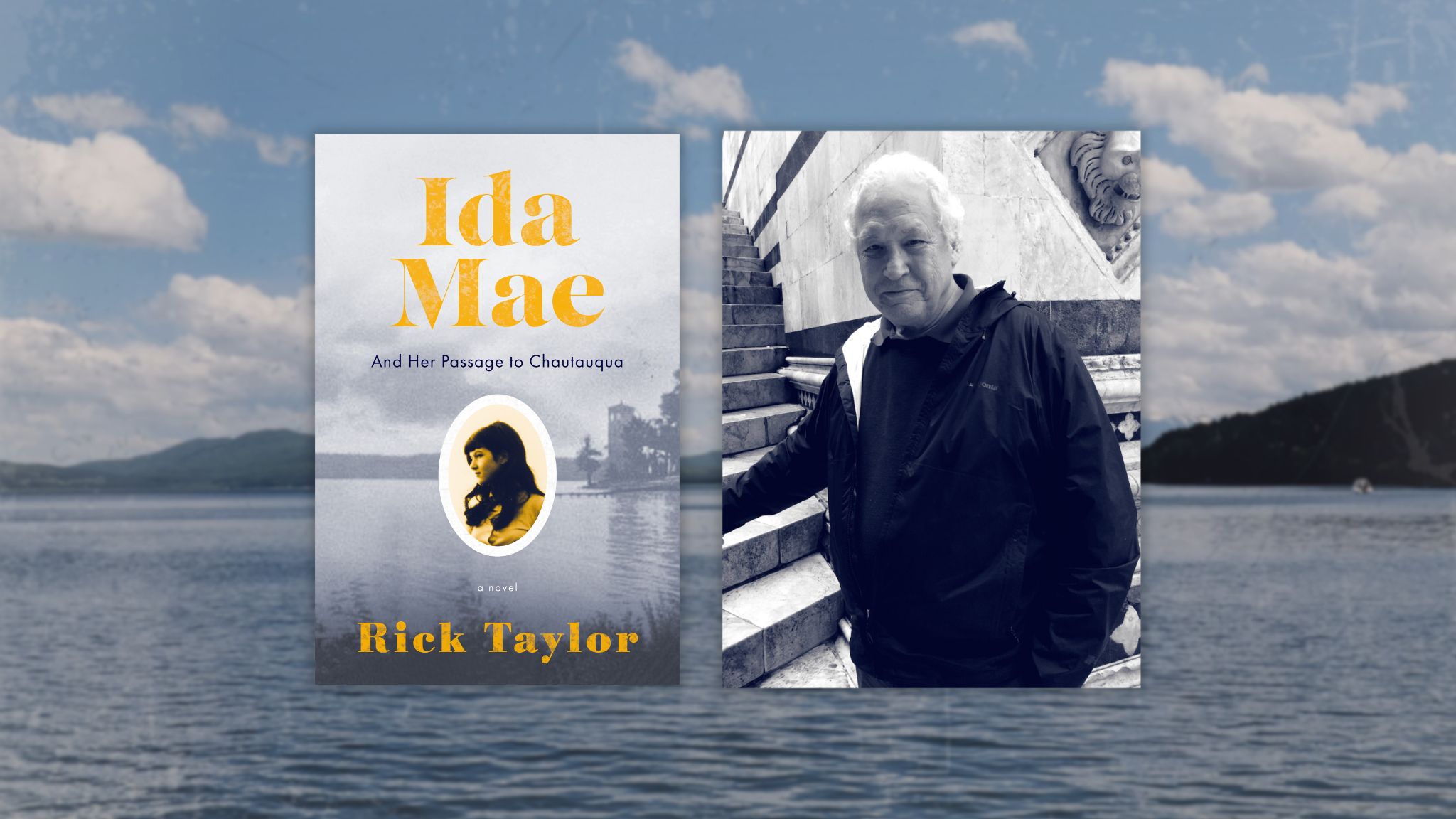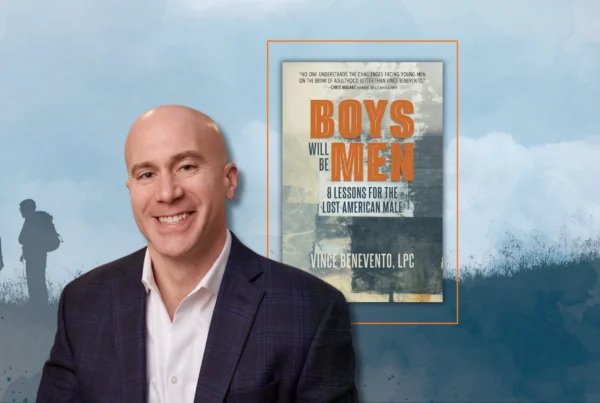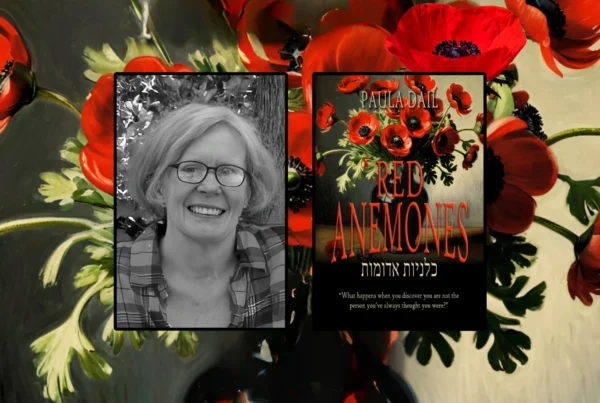Ida Mae and Her Passage to Chautauqua by Rick Taylor
Inspired by snippets from the author’s life, Ida Mae and Her Passage to Chautauqua (Koehler Books) is a historical nonfiction narrative by award-winning poet and author, Rick Taylor. The story spans two generations, recounting the journey of Ida Mae Glockley and that of her son Adrian from their childhood to adulthood and their various adventurous travels. We got the the chance to talk with the author himself about how, exactly, Ida Mae’s life has mirrored his own, where the two divert and what the plans for his next project may entail.
Q: What first inspired you to write Ida Mae and Her Passage to Chautauqua?
A: My imagination having conjured up a fictitious character by the name of Ida Mae Glockley, she returned the favor by introducing me to her family and friends, one by one — Jess, her best friend and Bridget, Jess’ exotic mother, Bleeder, her first real love, Dodger, her oversized and ugly banjo impresario, and so many others. After her image took hold in my mind, the words describing her world flowed easily and naturally as if inspired by some mysterious outside force. I like to think that Ida Mae knew that I’d always had a hankering to write about my experiences at Chautauqua and as a favor to me, chose that summer resort as the place where her story would end.
Q: You mention that this book has been influenced by events from your own life. What parts mirror your own story?
A: A rat incident like that described in the novel had its genesis in a dilapidated cottage located inside the Chautauqua Grounds. At Bestor Plaza, also in the Grounds, Margo, a real person, did select me to be her escort, and, yes, upon arriving at her cottage, I was brought low by her porch swing. My current residence next to a small town in West Virginia has inspired my descriptions of Mammoth Falls, the imaginary town where Ida Mae grew up. Furthermore, my own bipolar illness helped me to describe accurately Dodger’s hysterical reaction to the hypomanic incident on the road back from Woodstock. Having spent a significant part of my life with two daughters and one sister, I’ve been blessed with insight regarding the female gender that became very important as my writing progressed.
Q: What can you tell us about Ida Mae?
A: Early on, Ida Mae realizes that a “distraction” will be necessary to avoid succumbing to the same sexual temptations that her friend Jess embraces so readily, and when she hears Dodger, a neighbor, strumming on his banjo, she seems to know instinctively that this man will provide the distraction she is looking for. Right away, she begins practicing on a borrowed instrument, and after months of serious effort becomes proficient enough to perform duets with her mentor. Despite her success in this and other pursuits, arrogance never imposes itself. Instead, she readily admits that she’ll never play at Dodger’s level, no matter how hard she practices. Although such modesty is part of her character, her gentleness doesn’t detract from the courage and grit that becomes apparent as part of her makeup.
When Bleeder, her husband and first love, is killed in Viet Nam, Ida Mae endures the pain and resolves to follow in his footsteps by requesting an assignment to Vietnam after joining the Women’s Army Corps. After stoically facing the aching pain associated with Bleeder’s death, she utilizes the same strength in dealing with a similar tragedy involving Hap, her new love, who is killed in a Viet Cong rocket attack. At last, peace and solace come to her when she meets and marries Dennis, a fellow professor at Gannon College, who brings poetry into her life and his.
Q: As a member of the opposite sex, how are you able to write so effectively about the Ida Mae’s passage from adolescence into womanhood?
A: It’s because the incidents that occur during that transition are so universal. I expect that members of both sexes can recall readily many similar sexual awakenings in their own lives. Sexually, Ida Mae and Jess chose opposite paths, but there is humor for both along the way. There is also a prevailing touch of innocence that softens the impact of the learning experiences. Despite all the temptations she faces, Ida Mae remains a virgin until marriage, a result she readily attributes to her mother’s moral teachings.
Q: What do you think accounts for the positive response the book has received from LGBTQ+ community?
A: A descriptions of the novel’s gay characters may help explain this phenomenon: (1) Tom Liebermann, a handsome young man in his forties, has time to charm Ida Mae, the receptionist, when he arrives early for an appointment with his lawyer brother. Encouraged by her positive reaction, Tom invites Ida Mae to the upcoming Ball Buster’s Ball, adding that his gayness will assure her of his innocent intentions. Ida Mae’s incredible experience begins when Tom arrives to pick her up in a chicken costume. (2) Holly Styles is the beautiful, gay owner of a dress boutique in Hollywood where Ida Mae works as a salesperson after leaving the law firm. A fantastic lady, Holly becomes Ida Mae’s close friend despite the obvious difference in their sexual preferences. (3) I suspect that the inclusion of such charming characters accounts for the gay community’s positive response.
Q: What can you tell us about the genre you have chosen for your first two novels?
A: I prefer the term creative historical nonfiction and, not surprisingly, both of my novels so qualify. The first novel, entitled Curse of the Klondike adopts a narrative that traces incidents that took place during the Klondike Gold Rush, a real historical event which presents a perfect backdrop for the fictional story that becomes part of the narrative. The setting is enhanced further by the presence in the story of Soapy Smith, a real character who lived at the time in Skagway, one of the key entry points into the gold fields. My second novel entitled Ida Mae and Her Passage to Chautauqua incorporates the same genre and relies on historical references to Vietnam and Chautauqua to add the necessary setting for Ida Mae’s story adding a sense of realism to her account.
Q: What can you tell us about your next project?
A: My third book entitled Aunt Bertha’s Trunk, soon to be published, is divided into two sections, one attributable to the writings of Adrian Spencer, Ida Mae’s only son, and the other to the writings of Aunt Bertha, one of the family relatives. In each case, a novella precedes a series of short stories. Bertha’s novella entitled Brattleboro concentrates on two prominent figures out of history — Harriet Beecher Stowe known as “Hattie” and Julia Ward Howe — both of whom offer fictional dialogue during their stay at a health spa in Brattleboro, Vermont. At the time (1846), both feel that they’re destined for greatness, and when it comes, both ascribe their success to a Divine Power — in Hattie’s case with Uncle Tom’s Cabin and in Julia’s with “The Battle Hymn of the Republic.” Adrian’s novella is entitled Highland Park Homicide wherein the Highland Park Section of Pittsburgh becomes the setting. The short stories contained in Bertha’s section and in Adrian’s section are top grade.

Author Rick Taylor grew up in the East End of Pittsburgh and graduated from Denison University, where he majored in English with an emphasis on writing. He authored several short stories before and after transitioning to writing legal briefs following his graduation from Pitt Law School. But the writing bug never left him. He has published several collections of poetry and a novel, Curse of the Klondike. Ida Mae and Her Passage to Chautauqua is his second novel. For more information, please visit: www.readricktaylor.com.





